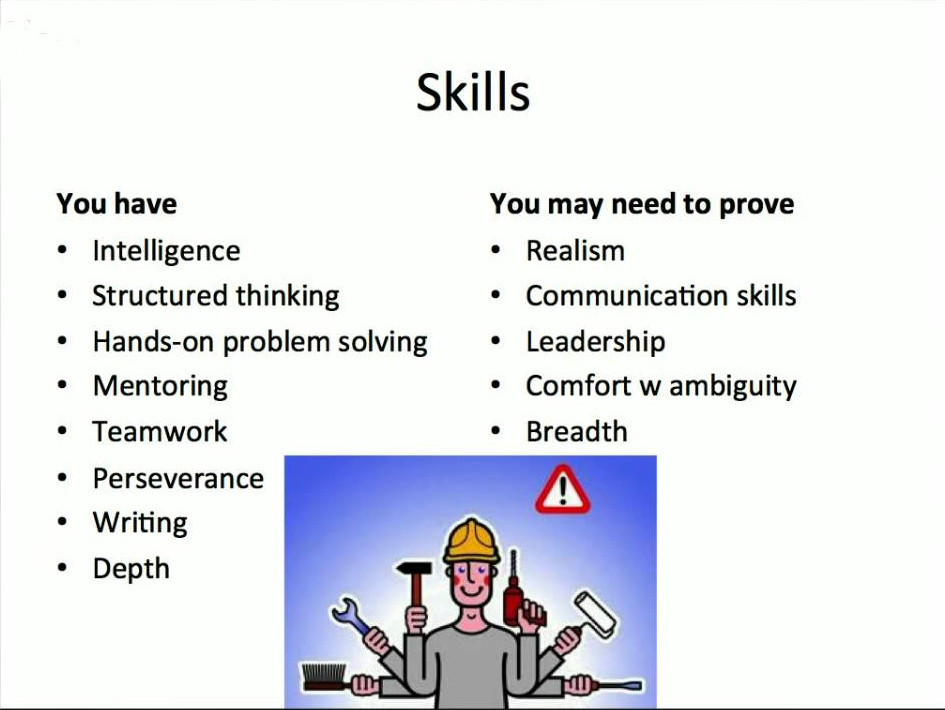On November 23rd 2015 historian Guy Geltner published a statement on Academia.edu wherein he laid out his thought process for leaving the site. Unexpectedly it led to a popular and critical discussion. Below is the (nearly) complete statement, which can be found via a link in his subsequent text “Upon leaving Academia.edu”, in which he elaborates on the topic.
"Later this week I will be closing my user account in Academia.edu, a portal that has served as my first and so far only foray into social/professional media. I have greatly enjoyed being part of a fairly early cohort to join this site (there were “only” about 500,000 users when I joined, back in 2010), and remain grateful for the chance to share, encounter and evaluate research through it. Over time, however, I came to the conclusion that, for me, the practical benefits of sharing research this way, as opposed to institutional websites and personal ones, no longer outweigh its moral disadvantages. This change reflects my growing knowledge about and evolving attitudes towards accessing publicly funded research.
Academia.edu is not a charity or an NGO, and although they could be more explicit about that (and the data being collected about and through us), their desire to profit from establishing a needed service is hardly deplorable. One could also (albeit with increasing difficulty) ignore the metrics and rankings accompanying so many of the activities on the site, which insinuate a fetish for quantitative data so characteristic of New Public Management and that to my mind has little place in such contexts. Indeed, for the humanities and social sciences in particular, its effects are rather ruinous. However, it is hard to escape the conclusion that the site is moving, slowly but surely, into a less democratic (that is to say, more restrictive) phase, which replicates a “pay-to-play” mentality rather than challenges or undermines it. “Share your research,” Academia.edu’s motto, has a new caveat: “If you can afford to.” In this sense, Academia.edu is no longer offering a unique service, but rather increasingly more of the same.
That is neither a capital offense nor a mortal sin, of course. But to my mind, publicly funded research needs less not more pay walls and restrictions. That is also why I joined the editorial board of the Open Library of Humanities. And while I have resigned myself to the fact that, one way or another, my own data will be harvested by someone, somewhere and without my explicit permission, I feel increasingly uncomfortable implicitly (and on occasion explicitly) promoting a website that is not part of how I see the solution to the growing problem of inequality in academia. Instead, I will try to support my own university and other genuine efforts to provide free access to and dissemination of research. […]
Best wishes, Guy"
picture taken from “November Webinar: Leaving Academia…A Personal and Professional Challenge”, www.youtube.com/watch?v=GuC94w2sz5s
